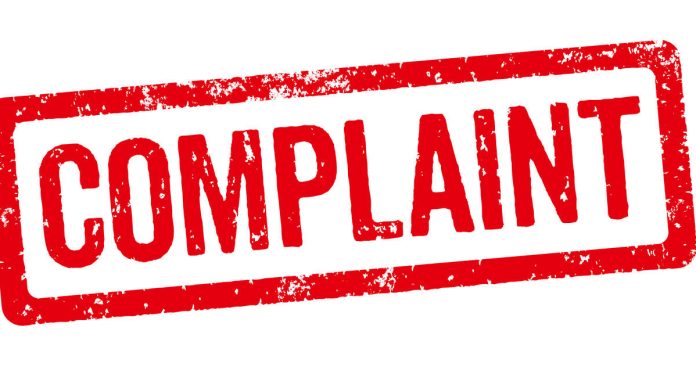In the wake of the 1991 Rodney King incident, California cities, including Los Angeles, sought to make it easier for the public to file complaints against police officers. However, concerns arose about the potential for false allegations. To address this, the California Legislature implemented a requirement that anyone filing a complaint against an officer could face criminal charges if they knowingly submitted a false report.
At the Los Angeles Police Department (LAPD), officials took this a step further by requiring complainants to acknowledge, in bold and capitalized text, that making a false complaint could lead to misdemeanor charges. This language has sparked ongoing legal battles, with the city and the police union still disputing its constitutionality over 30 years later.
The city of Los Angeles argues that the warning deters individuals from filing complaints, potentially violating the First Amendment by chilling free speech. The city also claims the form represents “viewpoint discrimination” by penalizing false complaints against officers but not false statements made by officers or witnesses. Meanwhile, the Los Angeles Police Protective League, representing LAPD officers, defends the form as necessary to prevent false complaints that could disrupt officers’ careers.
The issue has reached the California Supreme Court, with justices questioning the city’s arguments. Associate Justice Goodwin Liu compared the warning to perjury laws, which do not deter truthful witnesses. The city, represented by lawyer Michael Walsh, contends that factors like negative publicity might deter witnesses, but Liu countered that this is unrelated to the laws themselves.
The court also explored hypotheticals, such as whether a complaint about an officer’s impoliteness, which isn’t a rule violation, could lead to prosecution. Police union lawyer Michael Morguess clarified that if a complainant genuinely believes their claim, it cannot be knowingly false.
The California Supreme Court’s decision will be crucial in determining the future of the LAPD’s complaint process and its impact on free speech.

Recent Comments